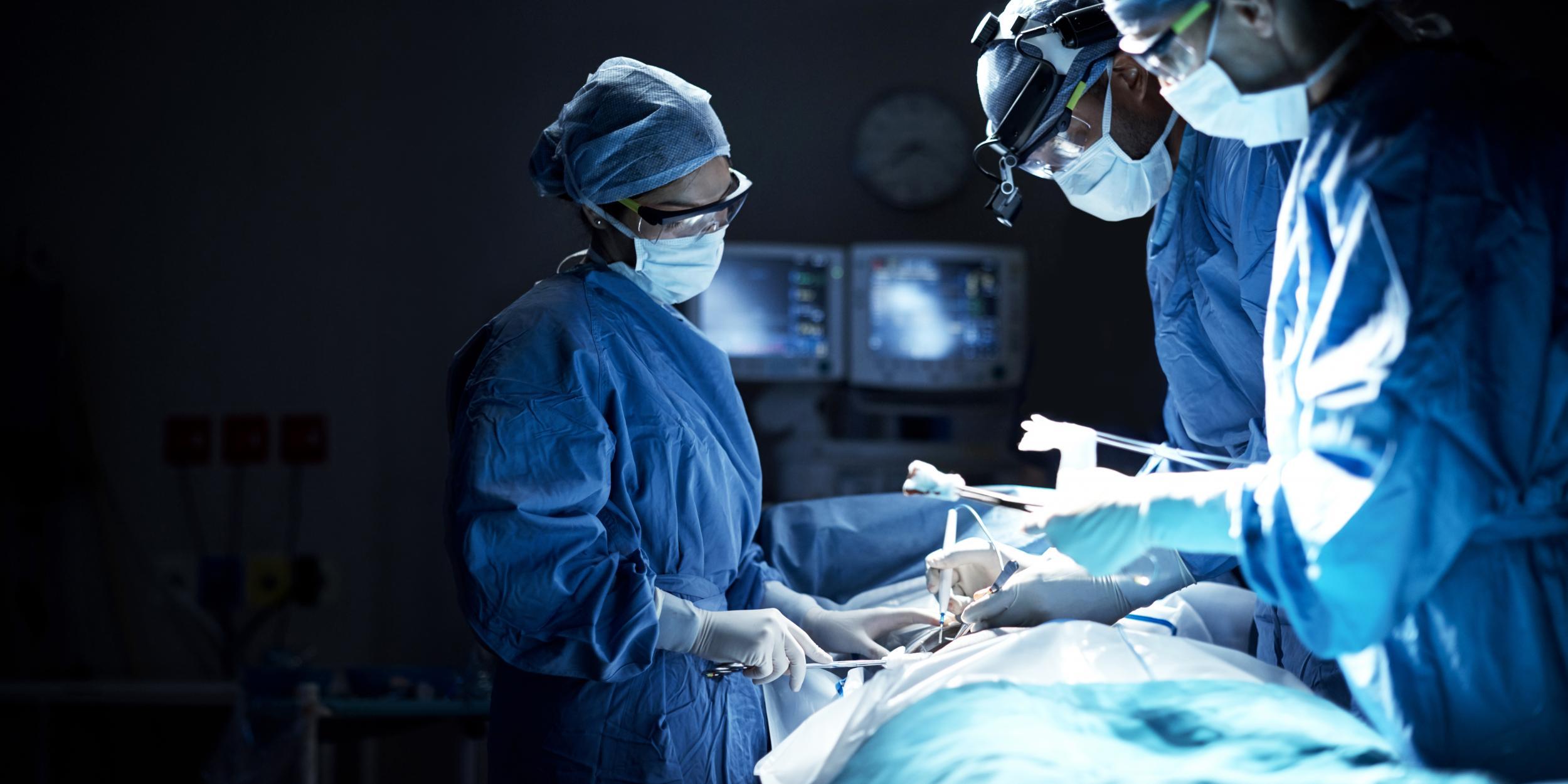Private hospitals paid millions for unused beds as NHS waiting lists soar
Bosses are under pressure to tackle rising backlogs of patients waiting for treatments

Your support helps us to tell the story
From reproductive rights to climate change to Big Tech, The Independent is on the ground when the story is developing. Whether it's investigating the financials of Elon Musk's pro-Trump PAC or producing our latest documentary, 'The A Word', which shines a light on the American women fighting for reproductive rights, we know how important it is to parse out the facts from the messaging.
At such a critical moment in US history, we need reporters on the ground. Your donation allows us to keep sending journalists to speak to both sides of the story.
The Independent is trusted by Americans across the entire political spectrum. And unlike many other quality news outlets, we choose not to lock Americans out of our reporting and analysis with paywalls. We believe quality journalism should be available to everyone, paid for by those who can afford it.
Your support makes all the difference.Private hospitals have received millions of pounds from the taxpayer under contracts with the NHS despite two-thirds of extra capacity beds going unused for months during the summer, it has emerged.
According to leaked documents obtained by the Health Service Journal (HSJ), a majority of beds in private hospitals over the four months from June to September were not used by the NHS.
This is despite soaring numbers of patients waiting for operations, with around 140,000 waiting more than a year for treatment by September and more than 1.7 million waiting beyond the 18-week target for routine NHS treatment.
At the start of the pandemic in March, the government agreed to fund a block-booking of private hospitals for use by the NHS as the numbers of coronavirus patients soared.
The deal helped the UK private hospital sector survive the initial months of the pandemic and the lockdown, as private patient numbers dropped, which could otherwise have devastated the industry’s profits.
The sector agreed to provide the capacity “at cost” to the NHS. This means the hospitals were paid a set amount of cash based on what could be delivered, not what was actually used, meaning much of the funding was paid for unused services.
The contracts are believed to have cost more than £1.6bn, equivalent to around £400m a month.
David Rowland, director of the Centre for Health and the Public Interest think tank, told The Independent: “These figures reveal that the NHS has used almost £1bn of scarce taxpayer resources to prop up the private hospital industry and has received very little in return.”
According to the HSJ, use of the private hospitals for day case patients was at just over 30 per cent in June and July, rising to more than 40 per cent in August before dropping to less than 30 per cent in September.
Diagnostics such as CT and MRI scanners and X-rays followed a similar pattern, with the vast majority being unused.
In the summer, NHS England instructed NHS hospitals to restore services back to “near-normal” levels and to use private hospitals to deliver non-Covid operations. The HSJ report suggests this was not successful and that some NHS hospital leaders have been confused about how best to use the private sector capacity.
In total 10 private providers were removed from the national contract due to “poor utilisation” including HCA Healthcare UK as well as smaller London-based providers.
The largest contracts were given to Spire Healthcare and Circle Health, two of the largest private providers in the UK.
Over the four months from June to the end of September, there were some 147,500 day cases addressed under the contract, 614,000 outpatient appointments and 219,000 diagnostic tests, the data shows. There were also about 38,000 chemotherapy treatments and 32,000 elective admissions.
The Independent Healthcare Providers Network, which represents private providers, told the HSJ: “Where utilisation by the local NHS has been poor, independent sector providers have proactively raised that with those systems and where needed up through the regional and national NHS England teams.”
It said private providers had achieved or exceeded the “vast majority of activity expectations” set by the NHS, while any profits that were made were returned under the terms of the contract.
It said the contracts ensured the NHS had access to “vital buffer capacity during a period of considerable uncertainty and challenge”.
A spokesperson for NHS England added: “Independent hospitals’ NHS-funded elective activity has substantially increased during the autumn.” NHSE also indicated that in September the private sector was carrying out a large number of appointments.
An HCA Healthcare UK spokesperson told HSJ that “14,000 time-critical NHS patients were able to get the care they urgently needed, including complex cardiac and cancer surgeries”. They added: “As we are no longer part of the national NHS contract our focus is back on the provision of independently funded care."



Join our commenting forum
Join thought-provoking conversations, follow other Independent readers and see their replies
Comments